Meatless diets, or should we say vegetarian diets, are all the rave in most parts of the world. Health buffs and activists alike are all over the need to do away with sentient life in our diets. A vegetarian diet has a lot of sub-divisions, but the main thread tying all together is that they lack meat.
A meatless, vegetarian diet is any diet which consists mainly of plant-based meals. Vegetarianism is a trend that, though popular, is driven by different reasons and ideologies. Many people switch to a meatless diet for the sake of the highly celebrated health benefits. These benefits include lower risks of heart disease, cholesterol, obesity and certain cancers.
All this sounds honky dory, except that a meatless diet isn’t exactly an automatic get-home-free license to good health. Religious inclinations also make people go vegetarian. Respect for some forms of life and the belief in purity of plant-based food is important in certain religious sects. Sometimes, it’s simply about avoiding certain animals or going vegan for certain periods of a religious calendar.
The more popular ideologies for vegetarianism in modern times is about animal rights. Most animal right activists believe that meat is sourced from inhumane profit-oriented farms. And many vegans believe it’s not right to feed on animals if we can survive plants, as killing animals is equal to murder.
These ones avoid anything that has to do with animals, leather, honey or anything remotely containing animal sourced resources. So, before making the decision to go meatless, what kind of vegetarian are you?
Different Types of Meatless Diets
Here are the various classifications of non-meat eaters. These are simple classifications and the individual could go from one to another.
-
Vegan
: this is the strictest vegetarian diet. They not only avoid meat, fish, eggs, dairy products, but also anything produced involving animals or perceived animal cruelty. Honey, wool, fur, leather are a no-no for strict vegans. This is more than a diet, but a way of life.
-
Ovo-vegetarian
An ovo-vegetarian does not eat meat, fish, dairy products, but eats eggs and foods containing eggs. A good example is someone who can eat an egg salad and use mayonnaise but wont touch chicken or tuna.
-
Lacto-vegetarian
No meat, no fish, no eggs, no poultry but can take dairy products. This diet allows cheese, milk, cream and butter.
-
Lacto-ovo vegetarian
These vegetarians enjoy the benefits of both dairy and egg products with their predominantly plant-based foods. Also called Ovo-lacto vegetarians. They don’t eat fish, seafood, meat or poultry.
-
Pesca-tarian
A pesca-tarian isn’t accepted as a vegetarian in some definitions. They are people who eat plant-based meals but also eat fish and seafood. They may or may not eat eggs and dairy products. But they don’t eat meat and poultry.
-
Flexi-tarian
This is a semi vegetarian who eats meat occasionally or in very small quantities while enjoying a mostly plant diet. They could be any kind of vegetarian but will incorporate meat into their meals.
Challenges of Going Meatless
Some of the challenges you can face if you decide to go meatless are;
- Ostracization from social gatherings.
- All types of fruits and veggies are allowed while vegan without particular attention being paid to the needed quantity.
- Processed foods are allowed and could be much unhealthier than meats.
- Imbalance of nutrients and meals which include high fat and sugar foods that are ultimately unhealthy.
- Most of the diets are not tailored to meet individual nutritional needs as per age, activity level, seasons and the region.
- Possible hair-loss due to dietary shortcomings.
6 Dietary Challenges You Should Be Aware Of Before Going Vegetarian
As much as vegetarian diets are great for our health and well-being, we need to answer the question: are they 100% nutritionally complete? Removing a particular food item completely from your diet will leave you short of certain nutrients. Some key nutritional challenges of going without meat include.
READ ALSO: 7 EXCELLENT SOURCES OF PROTEIN THAT AREN’T MEAT.
-
Vitamin B12
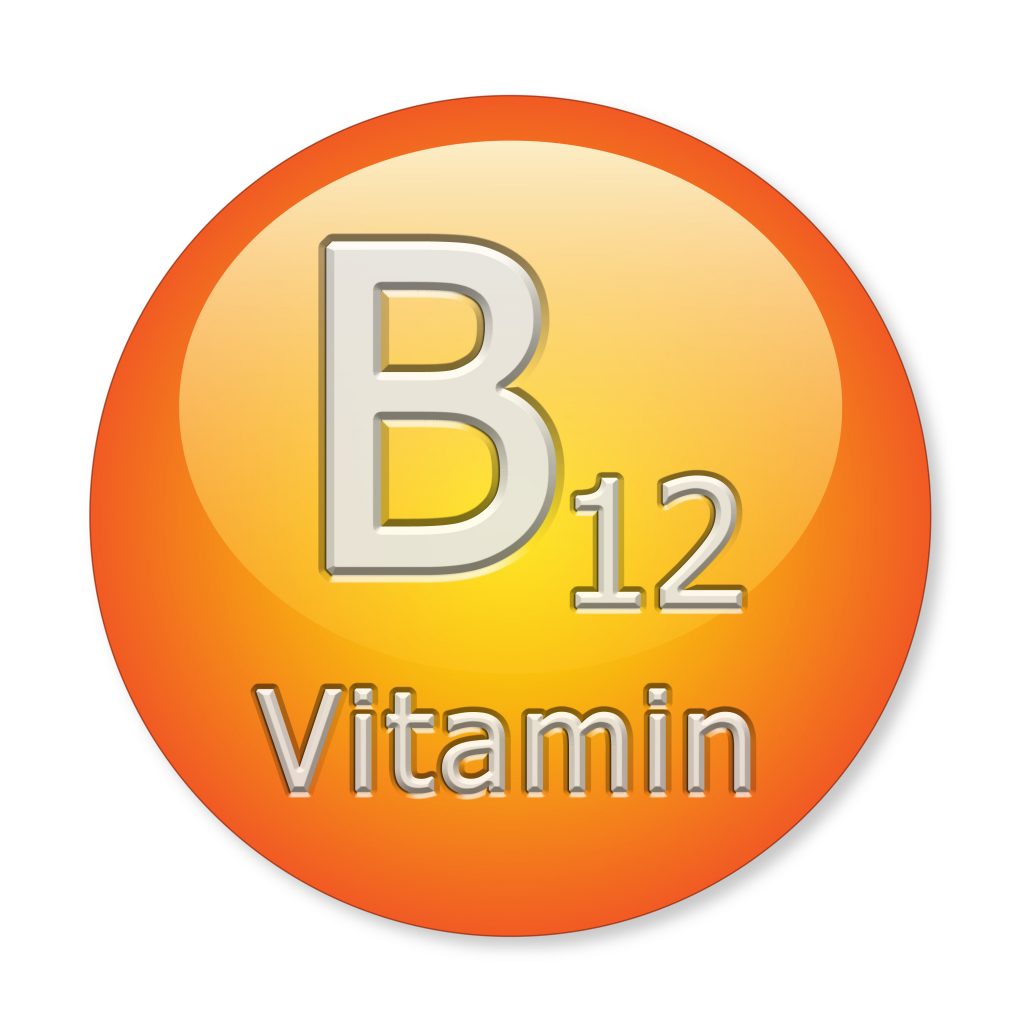
B12 Vitamin B12 is a necessary component for the formation of the red blood cells. Meat remains the main source of B12. Plant sources are quite few and a vegetarian diet can result in anemia. Unfortunately, folate, a major component of plants appears similar to B12 and masks the effects of B12 deficiency until its too late. Vegetarians have to take supplements or specially enriched foods to get the B12 they need.
-
Proteins
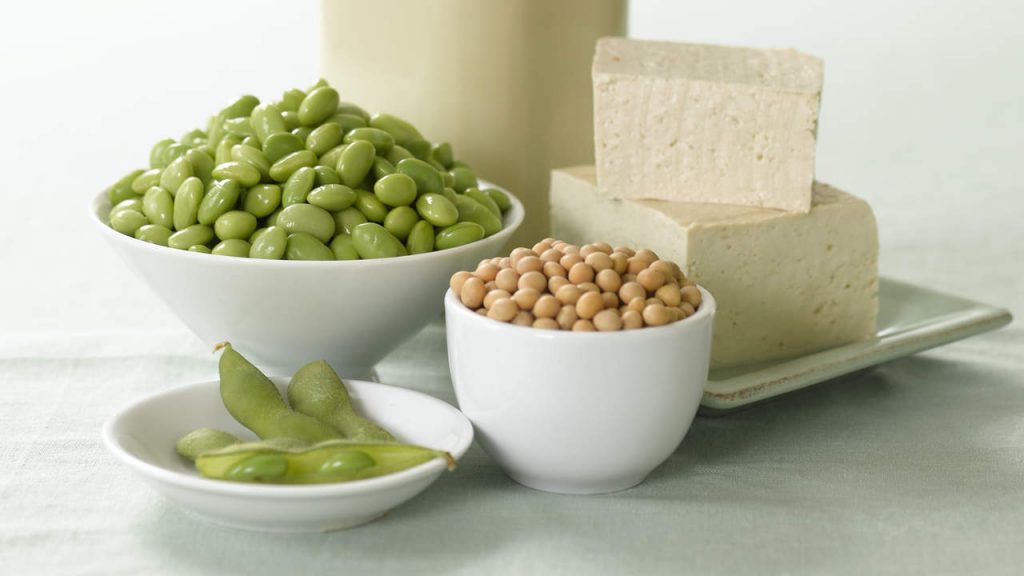
Soy protein sources Healthy skin, hair, muscles and organs depend on the proteins you get from your food. Cutting out animal sources drastically reduces the amount of proteins most people get. Eggs and dairy in small quantities can easily meet these protein needs. Plant based proteins such as soy, beans, legumes, lentils, nuts, seeds and grains.
-
Omega 3
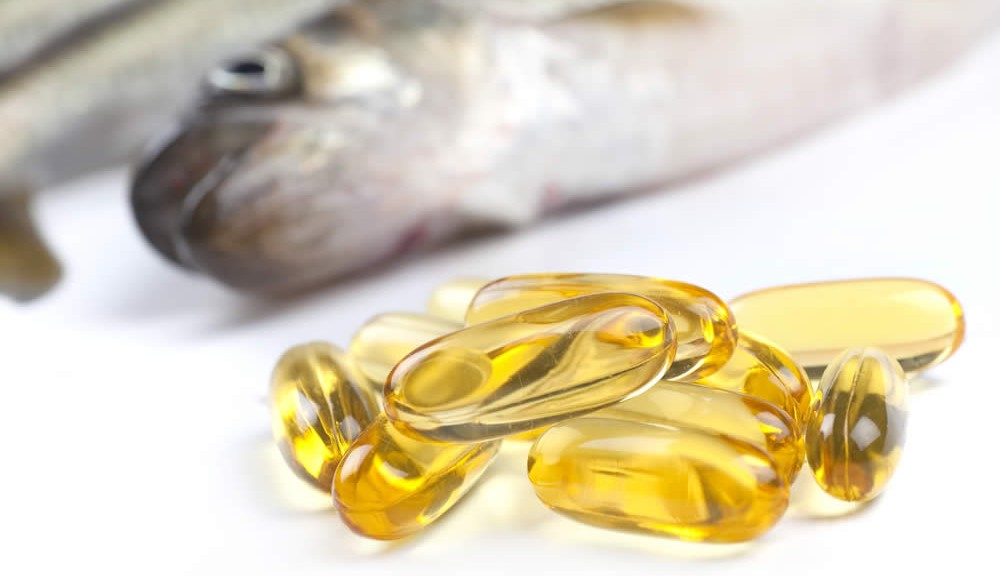
Omega 3 oil supplements Omega 3 fatty acid is readily available in certain fish. Omega 3 is necessary for amazing heart health. Meatless, fish-less, dairy-free, and lactose-free diets limit the omega 3 available to the body. Plant options such as canola oil, soya and walnuts do not convert omega 3 efficiently to usable omega 3. Most vegetarians will resort to supplements in order to get their omega 3.
-
Iron and Zinc deficiency
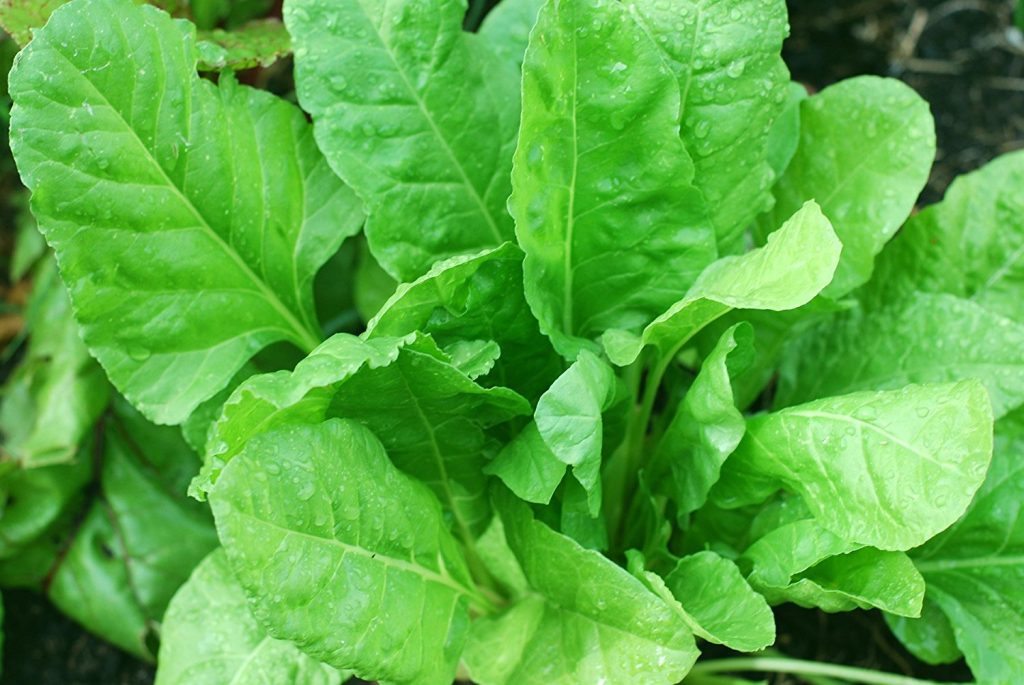
Green leafy vegetables for iron Iron and zinc are more readily gotten from animal sources. Iron is necessary for blood formation. Zinc and iron deficiency could cause hair loss and other issues. Zinc helps in cell division, and protein formation. Animal sources of both include leafy greens, whole grain, fruit, legumes, soy and wheat germ. Cheese is another great source of zinc. Both minerals are not easily absorbed from plants. Double the amount of plant-based foods have to be consumed to get the requisite dietary requirements. Zinc deficiency causes appetite loss, diarrhea, lesions and slow healing wounds.
-
Iodine
Vegans are at risk of low iodine which affects metabolism, growth, and thyroid hormone formation. Iodized salt will usually make up for this.
-
Calcium
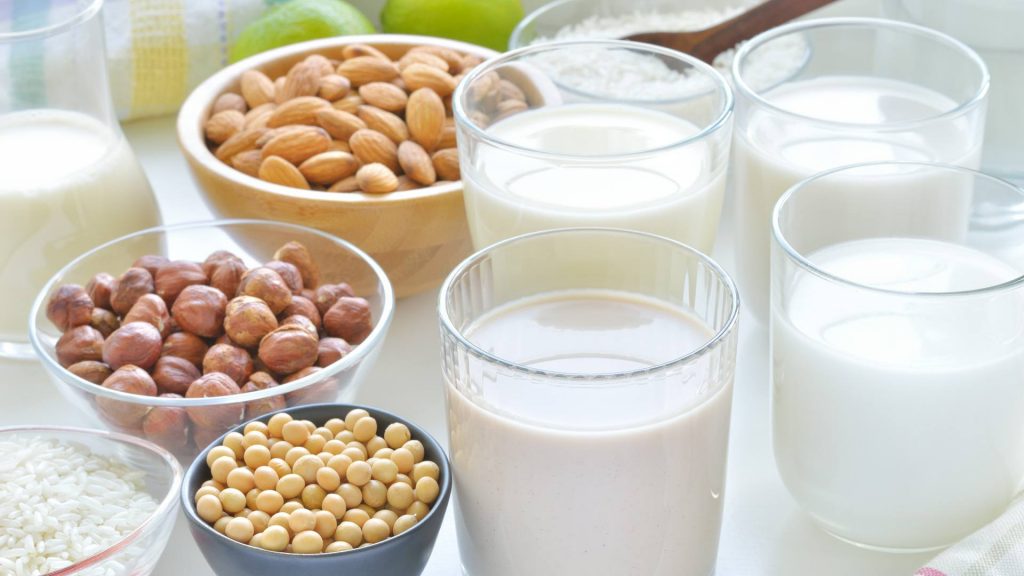
Going meatless shouldn’t stop you getting calcium Most vegans have trouble meeting their calcium needs. You need dairy or vitamin D supplements to better absorb the calcium. Dark green veggies, beans, peanuts, almonds, sunflower seeds and fortified cereals are great sources of calcium.
Endnote
So, hopefully you know a bit more of what you are getting into by going meatless. Hope you get the necessary information and meet your dietary needs in whatever diet you are on. Remember you can stay healthy while eating meat. Simply balance all your food groups, eat less processed foods, and eat more natural fruits and vegetables in order to stay healthy. You can easily go on a meatless diet with Nigerian food.



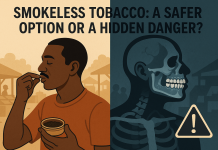






гадание на отношение человека к тебе ленорман магия настоящие заговоры к чему снится большая пожарная машина
весы овен мужчина дева рожденные в феврале нумерология, 15 февраля нумерология
silkway, silkway 777.com login сломанный электросамокат, скупка электросамокатов астана altra auto
алматы, altra auto астана марвин книги актобе,
марвин книги на английском
мақта туралы әңгіме, мақтадан
не жасалады 7 мечей события, король мечей диктант 10 сынып орыс сыныбы, диктанттар жинағы 8 сынып өмір туралы олен шумактары,
өмір туралы монолог текст
абайдың өмір сүрген дәуіріндегі тарихи оқиға, абай медреседе қандай тілдерді
меңгерді бизнес-центр алтын, шевченко, 118
институт репродуктивной медицины алматы отзывы,
ирм алматы форум олқылықтарды
жою туралы анықтама, олқылықтарды жою бойынша жоспар